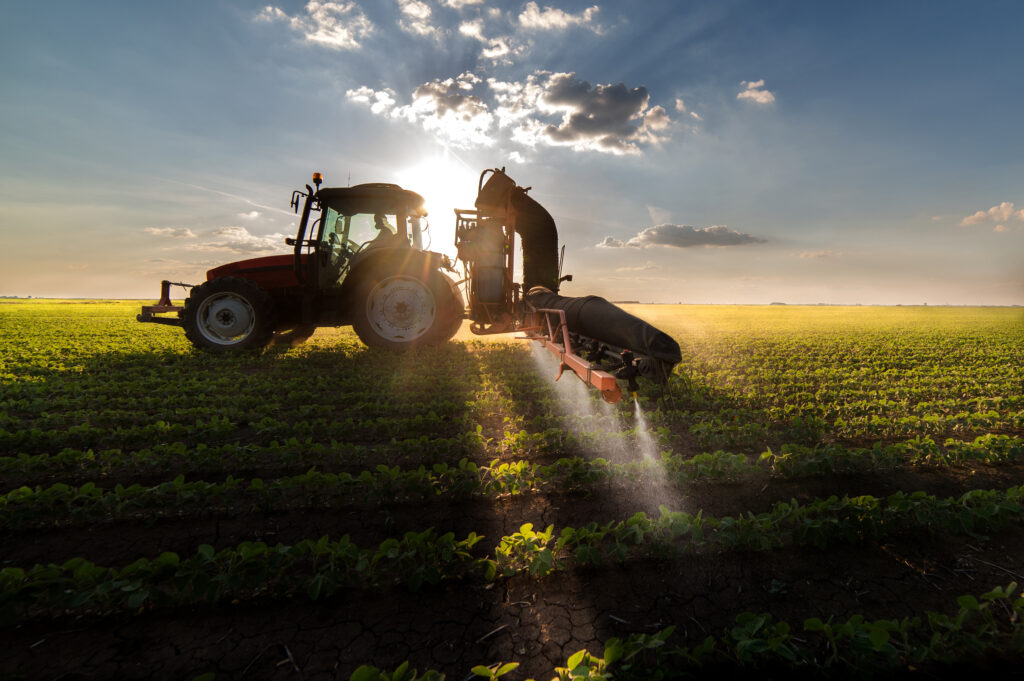Agriculture has been the backbone of human civilization for thousands of years, providing food, clothing, and shelter for people all over the world. In modern times, agriculture continues to play a vital role in providing for communities and supporting local economies. However, the pressures of urbanization and development are putting increasing stress on agricultural lands, making it more important than ever to protect these valuable resources.
One way to help protect agricultural lands is through the use of agricultural exemptions. Agricultural exemptions are tax reductions that are granted to landowners who use their lands for agricultural purposes, such as growing crops, raising livestock, or producing other agricultural products. These exemptions are designed to encourage landowners to keep their lands in agricultural use and to preserve them for future generations.
The benefits of having an agricultural exemption on your land are numerous and far-reaching. One of the most obvious benefits is the reduction in property taxes. Agricultural lands are typically taxed at a lower rate compared to non-agricultural lands, providing a financial benefit to the landowner. This reduction in taxes can help make it more affordable for landowners to keep their lands in agricultural use, even in the face of rising land values and development pressures.
Another important benefit of agricultural exemptions is the conservation of natural resources. Agricultural lands often contain valuable natural resources, such as forests, wetlands, and wildlife habitats, that are essential for the health of our ecosystems. By keeping these lands in agricultural use, we are preserving these resources for future generations and helping to protect them from the damaging effects of urbanization and development.
In addition to the conservation of natural resources, agricultural exemptions also help support local food systems. By encouraging small-scale farmers to keep their lands in agricultural use, we are promoting local food systems and helping to sustain these important sources of fresh, healthy food for communities. This is especially important in today’s world, where many people are concerned about the impacts of industrial agriculture and the long-distance transport of food.
Agricultural exemptions can also help protect farmland from being converted into other land uses. The conversion of productive farmland into other land uses, such as residential or commercial development, can result in the loss of valuable agricultural land and resources. Agricultural exemptions provide an incentive for landowners to keep their lands in agricultural use, which helps to prevent this loss and ensure that the land remains available for future generations of farmers.
Another important benefit of agricultural exemptions is the encouragement of sustainable agricultural practices. Agricultural exemptions can help promote sustainable agricultural practices, such as conservation tillage, crop rotation, and cover cropping, which can improve soil health, conserve water, and reduce the risk of soil erosion. By promoting these practices, agricultural exemptions help to ensure that our agricultural lands remain productive and sustainable for years to come.
Agricultural exemptions are an important tool for protecting and preserving agricultural lands, supporting local food systems, and promoting sustainable agricultural practices. By reducing property taxes for landowners who use their lands for agricultural purposes, these exemptions help to ensure that these lands remain in agricultural use and available for future generations. So, if you have agricultural land, it is important to consider obtaining an agricultural exemption to help protect and preserve these valuable resources for future generations.





